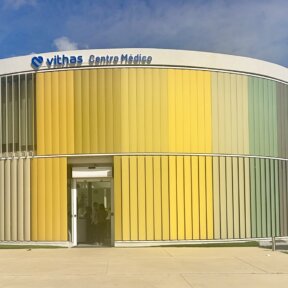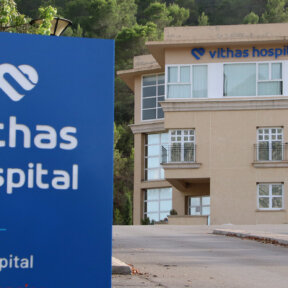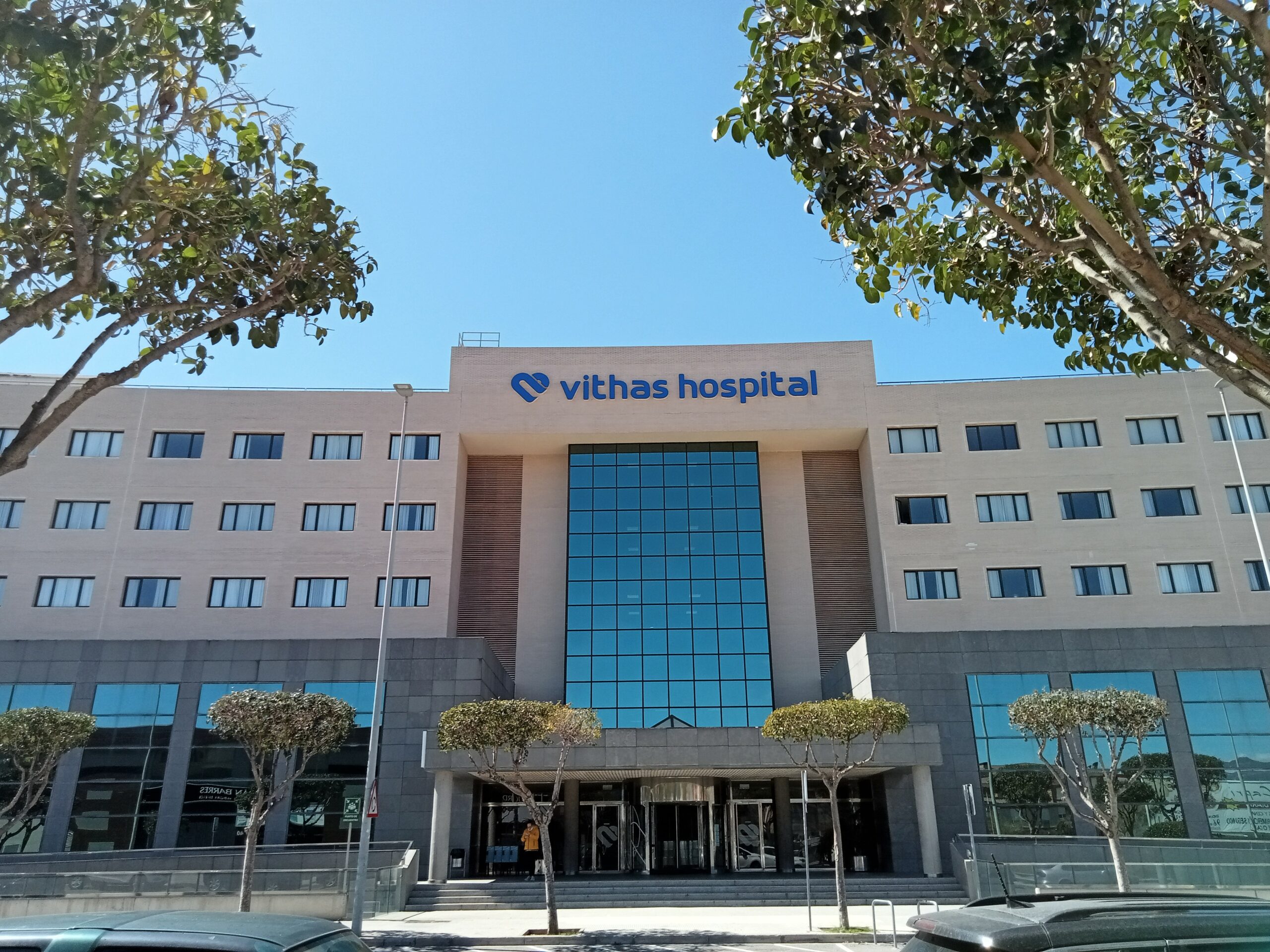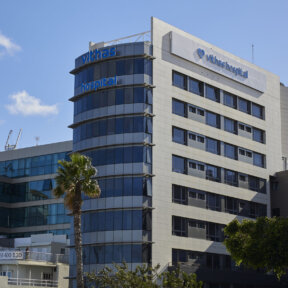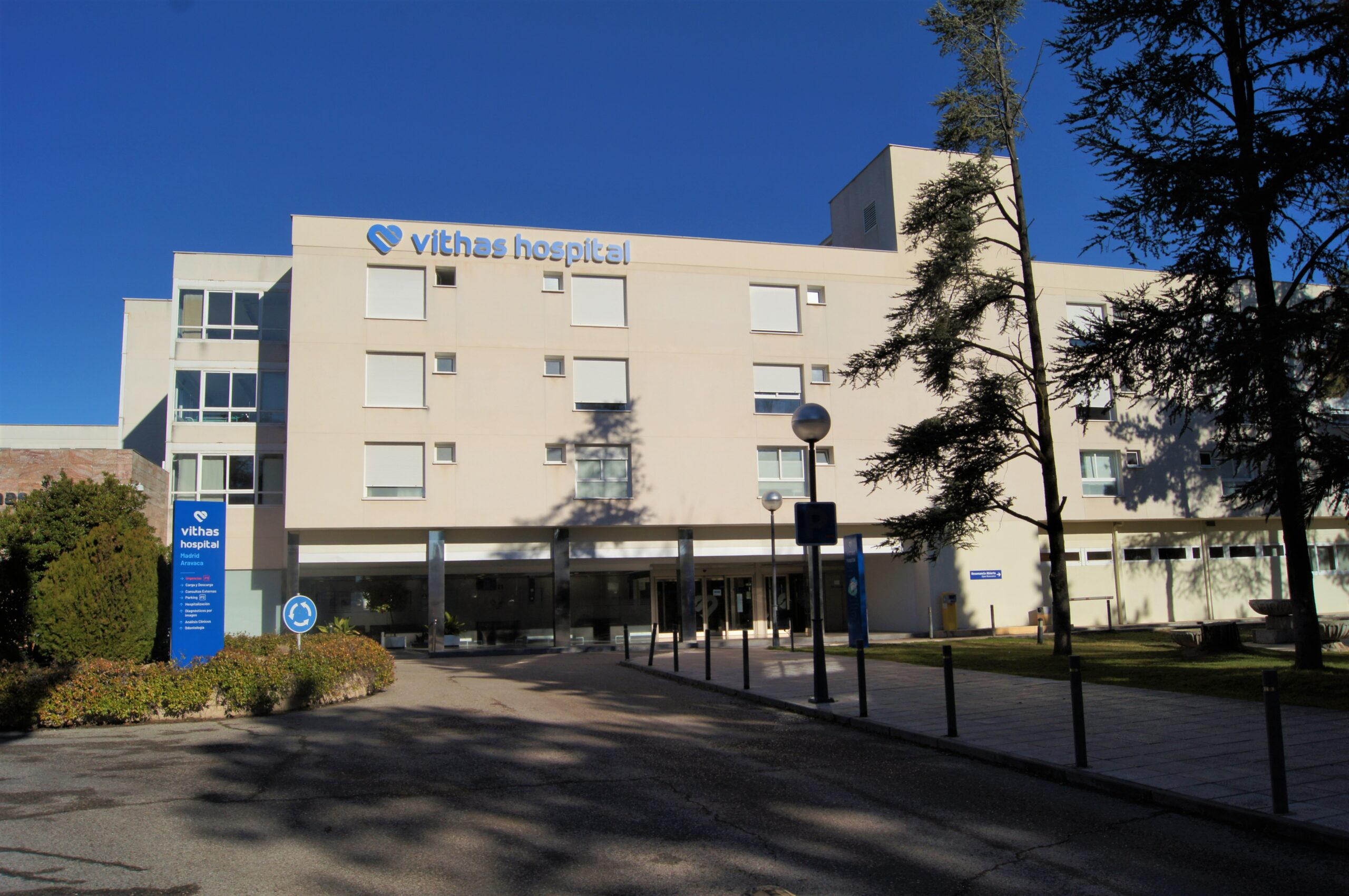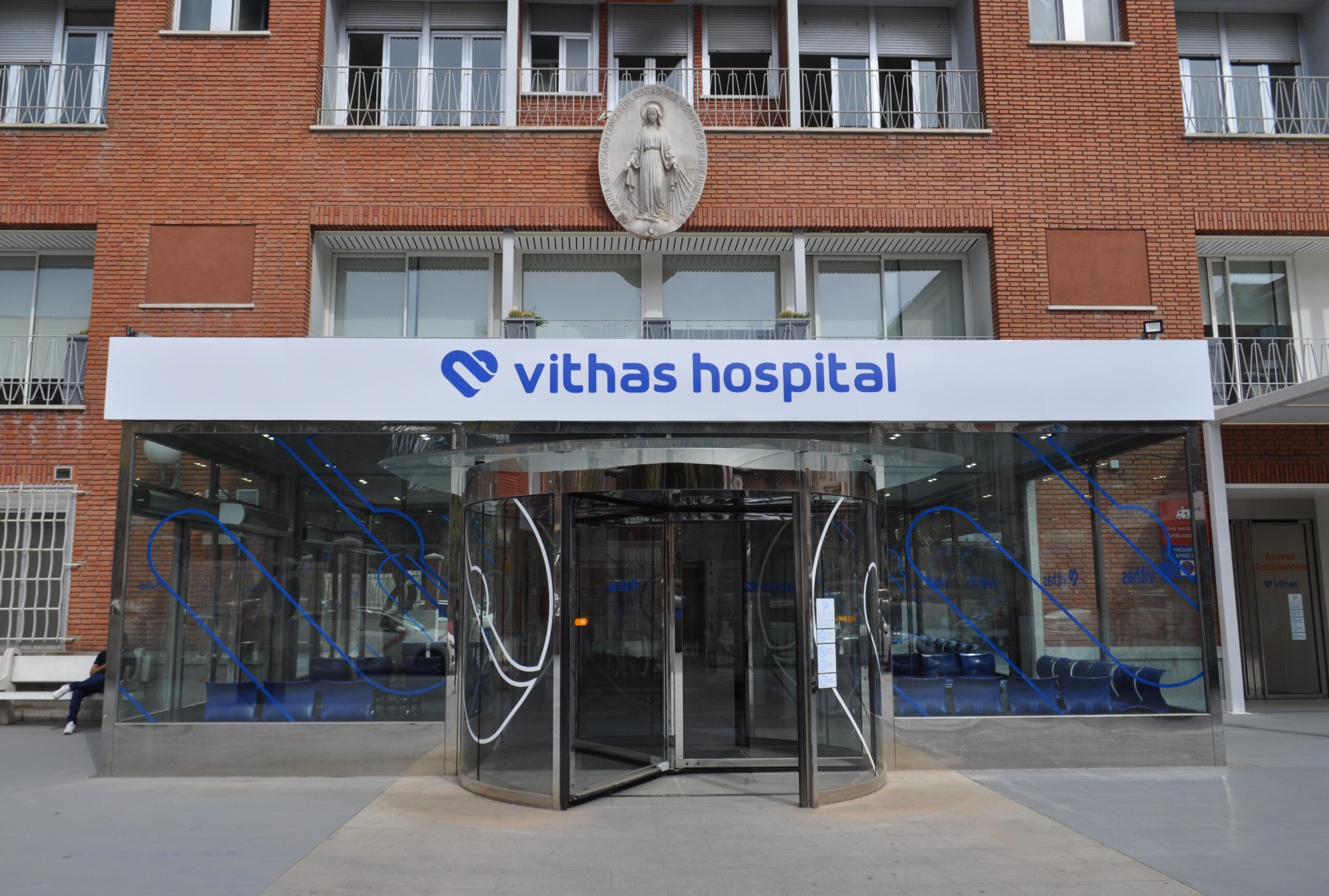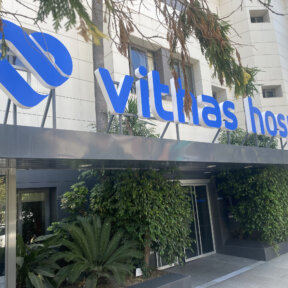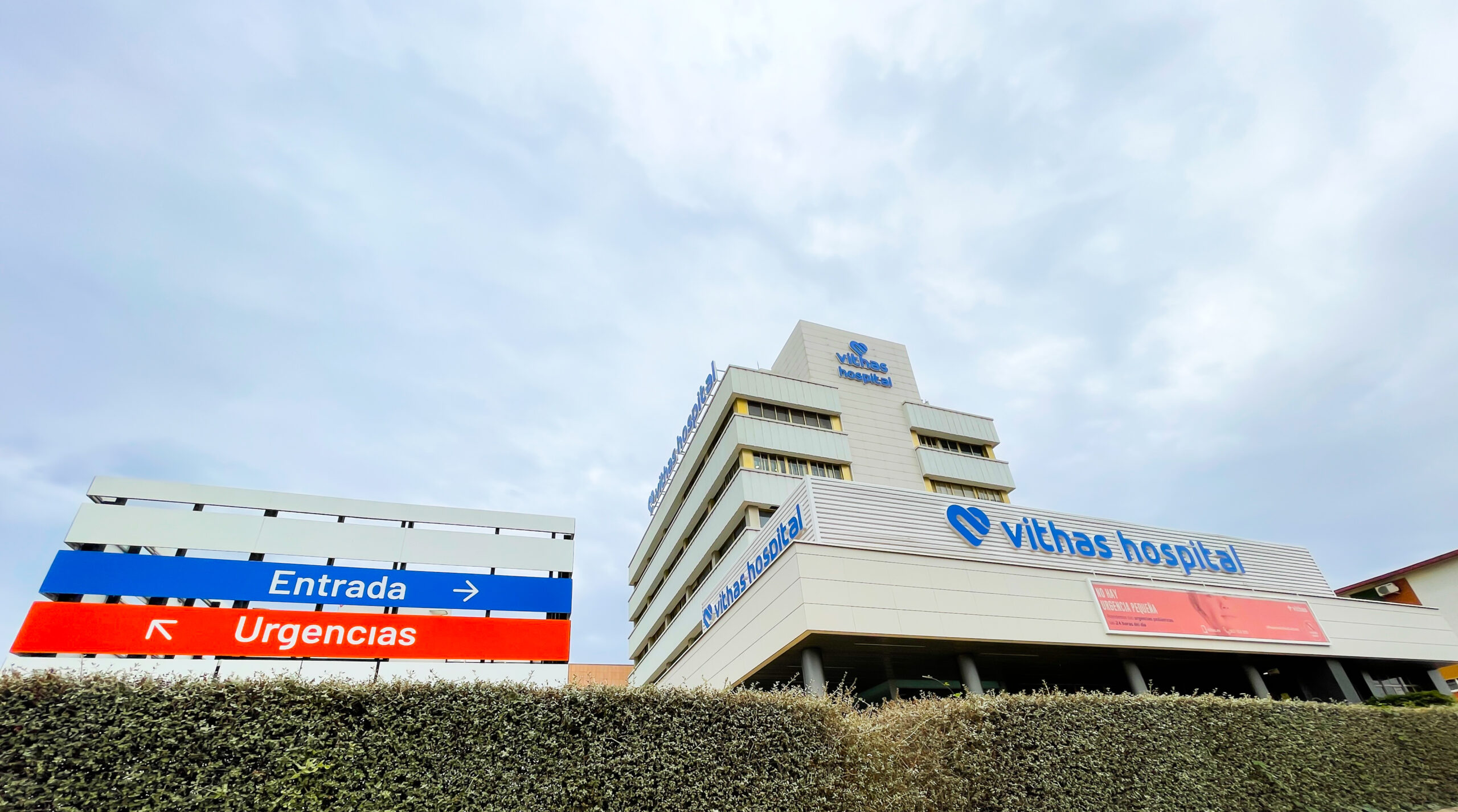What is pulmonology?
Pulmonology is the medical speciality concerned with the diagnosis and treatment of respiratory diseases. Most of these diseases are common and can be more or less severe. They can be acute (e.g. pneumonia) or, in most cases, chronic (COPD, asthma, fibrosis, sleep apnoea, lung cancer).
The Pulmonology or Respiratory System Units diagnose and treat bronchitis, COPD, bronchial asthma and bronchiectasis, as well as diagnose and treat pneumonia and respiratory infections, diagnose lung cancer and parenchymal lung diseases such as fibrosis and sarcoidosis. We also study sleep apnoea (OSA) and provide continuous positive airway pressure (CPAP) therapy. We work closely with related specialities such as cardiology, internal medicine, allergology, neurophysiology, oncology, ENT and primary care.
It is important to emphasise that treatments involving at-home respiratory therapies, such as home oxygen, continuous positive airway pressure (CPAP), positive pressure ventilation (BiPAP), inhalers and nebulisers are prescribed and controlled by pulmonologists.
We conduct functional respiratory tests to quantify the degree of respiratory alteration and determine the functional pattern to classify the type of respiratory condition the patient has. Current guidelines recommend performing routine respiratory tests on patients with symptoms such as dyspnoea (fatigue), cough, radiological alterations, for preoperative assessments and for patients whose medical history and physical examination suggest they have decreased lung capacity as well as in smokers over 40 years of age.
Which patients is it for?
Pulmonology is a medical speciality that diagnoses and treats patients with a cough, expectoration, dyspnoea (fatigue), chest pain, haemoptysis (blood ejection with expectoration) and radiological images such as pulmonary nodules or other pathological findings. It also assesses and monitors patients suffering from diseases such as COPD, asthma, bronchiectasis, fibrosis, tuberculosis and other infections and sleep apnoea.
Smoking is a leading cause of respiratory diseases, so smokers over 40 years of age should undergo respiratory studies to screen for respiratory diseases such as COPD, emphysema and lung cancer.
Main conditions and diseases
- Bronchitis
- Emphysema
- Bronchial asthma
- Bronchiectasis
- Pneumonia
- Respiratory infections and tuberculosis
- Lung cancer
- Pleural diseases
- Pulmonary fibrosis
- Sarcoidosis
- Sleep apnoea
- Smoking
- Chest X-ray lung imaging
Main diagnostic resources and technology
- Basal spirometry and after bronchodilators
- Diffusing capacity for carbon monoxide (DLCO)
- Lung volumes
- Fractional exhaled nitric oxide (FeNO)
- Pulse oximetry
- Cardiorespiratory polygraph and polysomnography
- Cooximetry (CO in exhaled air) to assess effects of smoking
- Genetic testing (emphysema)
- Thoracic ultrasound
- CT scan
- Bronchoscopy and echobronchoscopy
- Blood and respiratory fluid testing
Main treatments
- Inhaled treatments (asthma, COPD and bronchiectasis)
- Home oxygen therapy
- Adaptation to non-invasive mechanical ventilation
- CPAP for sleep apnoea
- Smoking cessation
- Biological treatments for asthma
- Antifibrotic therapies
- Pulmonary Rehabilitation (physiotherapy)
- Pleural drains (chest surgery)
Areas of specialisation
- Severe asthma unit Treatment with biologic drugs
- Sleep apnoea unit
- Chronic cough unit
- Early lung cancer diagnosis unit
- Smoking cessation
- Dyspnoea unit
Special services
- Specialised in diagnosis and treatment of sleep apnoea, in close collaboration with ENT and neurophysiology
- Performing and interpreting all respiratory function tests (spirometry, diffusion, FeNO, etc.)
- Complete asthma study
- Adaptation to non-invasive mechanical ventilation
- Smoking service
- Post-covid clinic for patients with persisting alterations after covid
Why come to our clinic?
The Vithas Pulmonology Unit offers the most advanced and scientifically based pulmonological techniques, innovative treatments (inhaled, biological, antifibrotic, home respiratory therapies), cutting-edge technology, including all the resources needed to perform complete respiratory studies (functional respiratory tests) as well as doctors with specialised MIR training in the best hospitals and proven experience in health care, teaching and research and humanisation programmes to deliver the best possible care.
FAQs
When should I see a pulmonologist?
- It is a good idea to see a pulmonologist if you have any respiratory symptoms such as a persistent cough; shortness of breath (dyspnoea, fatigue); chest pain; coughing up blood (haemoptysis); or a lung alteration has been detected in a radiograph. Even if you do not have symptoms, you should schedule a cardiopulmonary check-up if you are a smoker and are over 40 years old.
- If you have been diagnosed with a respiratory disease and require follow-up (e.g. COPD, asthma, fibrosis, bronchiectasis, pulmonary nodule, etc.).
- If you have had COVID and have any of the symptoms described above and if you have had pneumonia, even if you don’t always have symptoms.
What tests should I do?
Based on the initial clinical assessment, we will perform a non-invasive measurement of blood oxygen (pulse oximetry), assessment of respiratory function (spirometry, diffusion, FeNO, etc.), sleep studies (home cardiorespiratory polygraph or polysomnography), imaging studies (ultrasound, chest X-ray, CT scan, etc.), bronchoscopy.



